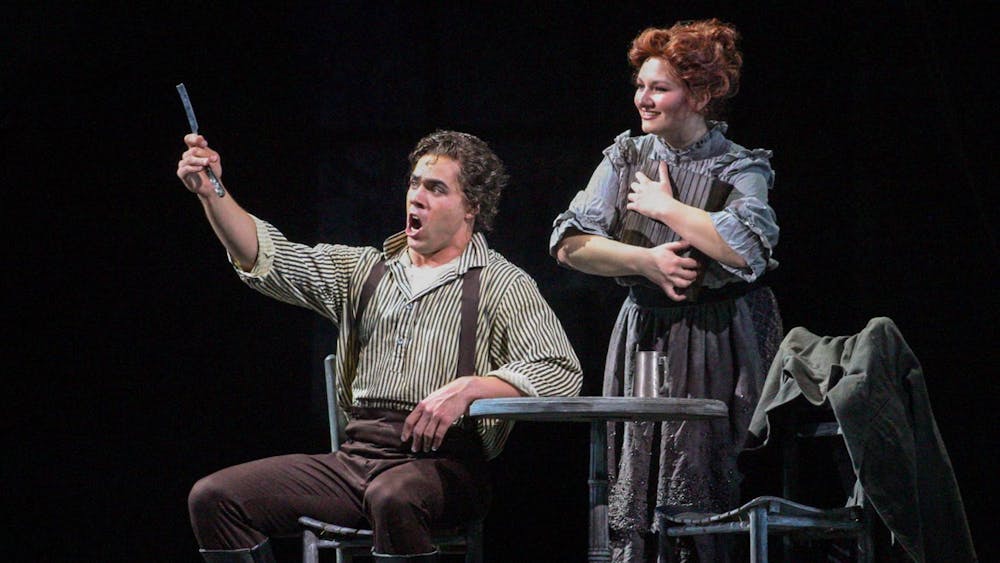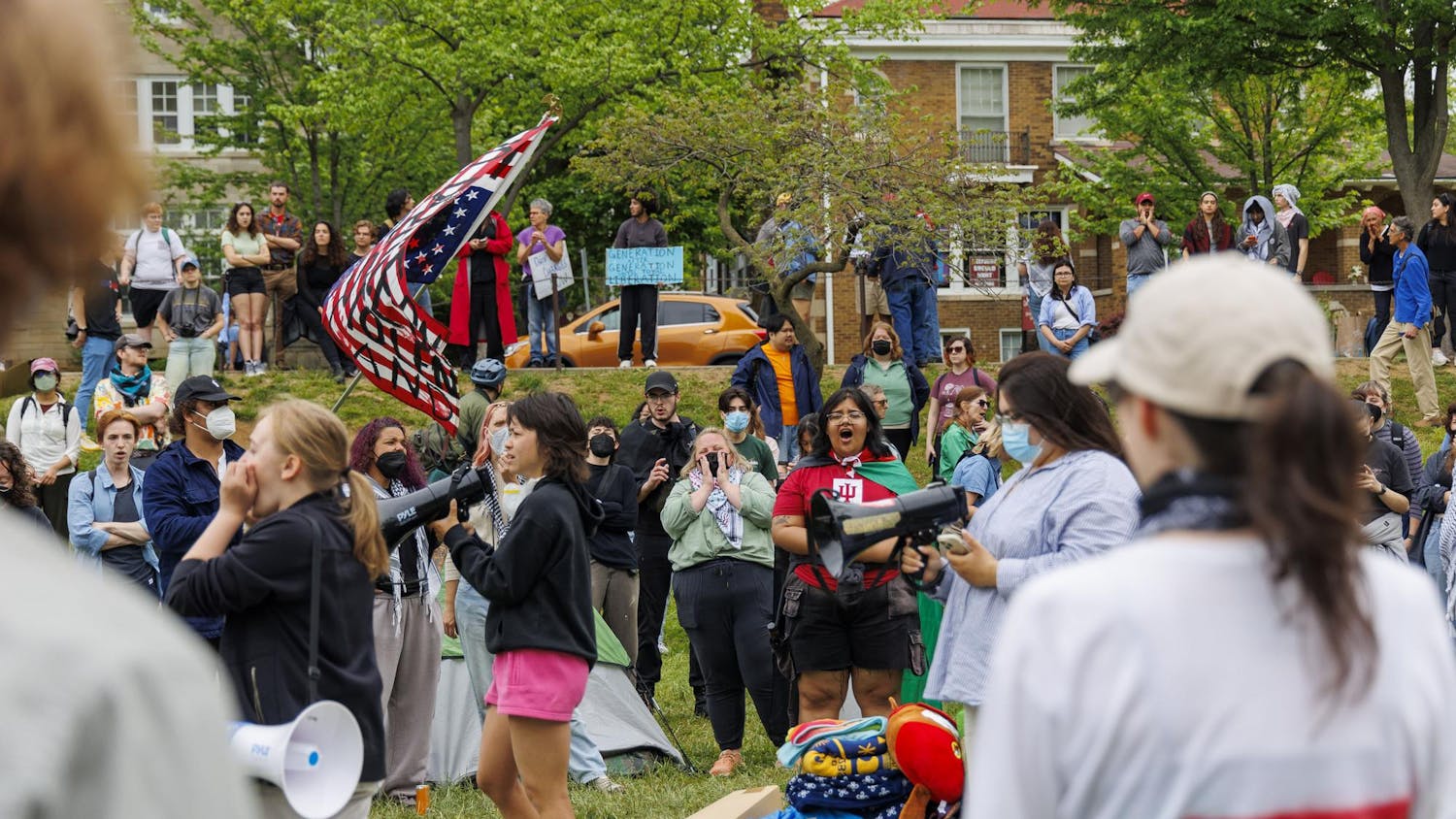NEW YORK -- Valery Gergiev seems to be on a one-man crusade to bring the neglected operas of Sergei Prokofiev before New York audiences.\nHis performances of "The Gambler" and "War and Peace" have been highlights of recent Metropolitan Opera seasons, and with the visiting Kirov Opera he has premiered "The Fiery Angel" and "Betrothal in a Monastery" to great acclaim.\nBut even the charismatic conductor had his work cut out for him selling "Semyon Kotko." It was Prokofiev's fifth opera and the first he composed after returning to Russia in the 1930s hoping to find favor with Stalin. He based the work on a politically correct novel called "I Am a Son of the Working People," but even so, the 1940 premiere was a failure and it has rarely been performed since.\nIn fact, Tuesday night's performance opening the Kirov's latest visit to the Met marked the first time the work has been staged in North America. The company, which Gergiev runs as artistic director, is here for three weeks as part of the Lincoln Center Festival.\nThe opera is set in a Ukrainian village at the end of World War I when the Bolshevik Revolution has not quite taken hold. The titular hero, just back from the front, is a dedicated Communist whose plans to marry his sweetheart, Sofia, are opposed by her Tsarist father, Tkachenko.\nThe Germans overrun the village, Semyon is forced into hiding, but the Red Army arrives in time for a happy ending.\nA lesser musician might have found his art thoroughly debased by such a blatantly propagandistic plot, but Prokofiev manages to infuse the material with humor, tension and great pathos.\nNowhere more so than in the stunning middle section, which ranks as a high point of Prokofiev's art. In the space of 40 minutes, he takes us seamlessly from a tranquil, starlit night where strolling lovers muse about their future to a hellish spectacle of marauding German invaders dragging the village into chaos and despair.\nThe climactic moment is the offstage hanging of two Bolsheviks, which triggers a harrowing mad scene for Lyubka, a villager who was engaged to one of them. Her cry that the man who died cannot be her lover ("No, it wasn't my Vasilyok") is sung in an agitated, six-note phrase that she repeats over and over until the other soloists and chorus take it up and the orchestra reaches a deafening crescendo.\nToo bad Prokofiev couldn't have ended the opera here, because the final two scenes make for a musical and dramatic letdown, first with the partisans solemnly burying their two comrades and then with the deus-ex-machina of the Red Army riding to the rescue (heralded by an offstage trumpet call stolen from Beethoven's "Fidelio").\nMatters aren't helped by the Kirov's revisionist production. Instead of the German occupiers running off as called for in the original, they simply take off their coats and turn into Red Army members waving red books (aren't those from a later revolution?) while a statue of Lenin looms in the background. And the contemptible Tkachenko, instead of being dragged off for hanging, suddenly converts to the Bolshevik side and is welcomed back by all the comrades he has just betrayed.\nThe Kirov singers know this opera well (many of them are on the 1999 Philips recording), and their experience made for a stirring performance. As Semyon, tenor Viktor Lutsiuk mustered the heroic force required for the role, though he sometimes sounded stressed. Bass Gennady Bezzubenkov was a dominating presence as Tkachenko. while soprano Tatiana Pavlovskaya and mezzo Olga Savova sang with grace as, respectively, Sofia and Semyon's sister, Frosia. As Lyubka, soprano Irina Loskutova made a pitiable figure in her outbursts of grief.\nGergiev and the Kirov orchestra whipped up a fine frenzy in the climactic moments without slighting the score's lyrical passages.\nOther operas being performed during the current engagement are Mussorgsky's "Khovanshchina," Rimsky-Korsakov's "Legend of the Invisible City of Kitezh," Tchaikovsky's "Eugene Onegin," Verdi's "Macbeth" and a single concert performance of Anton Rubinstein's "The Demon"
Rare Kiron opera to play in N.Y.
Get stories like this in your inbox
Subscribe





